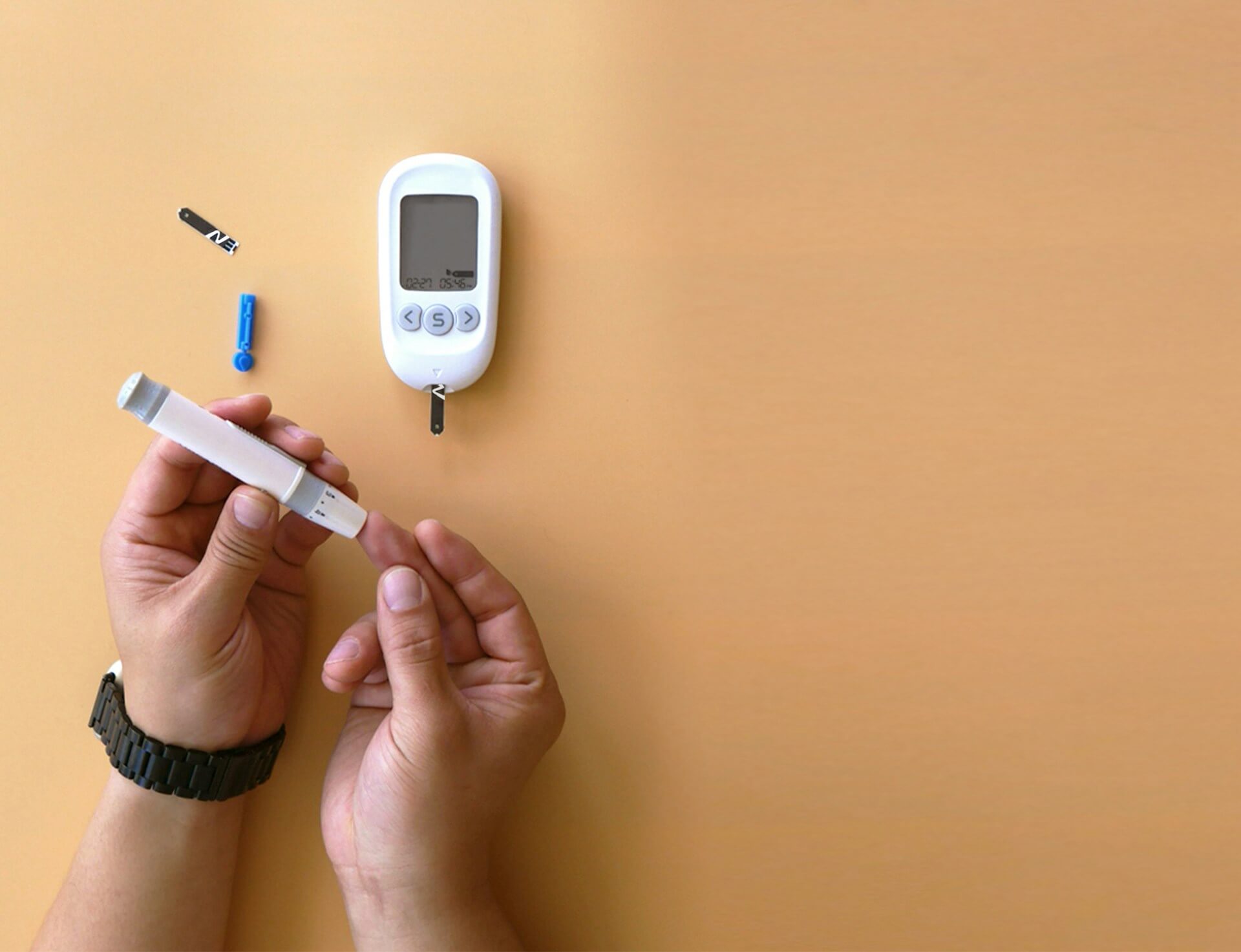Glucose metabolism is a complex process that plays a central role in human physiology, providing the energy necessary for cellular functions and sustaining life. However, imbalances in blood glucose levels can lead to various health complications, including diabetes and cardiovascular disease. In this comprehensive guide, we will delve deeper into the intricacies of glucose metabolism, its significance in the body, factors influencing blood sugar levels, and strategies for maintaining optimal glucose homeostasis.
The Role of Glucose in the Body
Glucose, often referred to as blood sugar, is a simple carbohydrate that serves as the primary fuel source for the body’s cells. It is obtained through the digestion of carbohydrates present in foods such as fruits, vegetables, grains, and dairy products. Once absorbed into the bloodstream, glucose is transported to cells throughout the body, where it undergoes cellular respiration to produce adenosine triphosphate (ATP), the energy currency of the cell.
Glucose Homeostasis
Maintaining stable blood glucose levels, known as glucose homeostasis, is essential for ensuring the proper functioning of various organs and systems within the body. The body tightly regulates blood sugar levels through a complex interplay of hormones, primarily insulin and glucagon, secreted by the pancreas. When blood glucose levels rise after a meal, the pancreas releases insulin, which signals cells to take up glucose from the bloodstream for energy production or storage. Insulin also promotes the conversion of excess glucose into glycogen, a storage form of glucose found in the liver and muscles. Conversely, when blood glucose levels drop, the pancreas releases glucagon, stimulating the breakdown of glycogen into glucose to raise blood sugar levels.
Factors Influencing Blood Glucose Levels
Several factors can influence blood glucose levels, including diet, physical activity, stress, medications, and underlying health conditions such as diabetes. Consuming foods high in simple carbohydrates, such as sugary snacks and beverages, can lead to rapid spikes in blood sugar levels, followed by crashes that leave individuals feeling fatigued and hungry.
- Physical activity plays a crucial role in glucose metabolism by enhancing insulin sensitivity and promoting glucose uptake by skeletal muscles. Regular exercise helps maintain healthy blood glucose levels and reduces the risk of insulin resistance and type 2 diabetes.
- Stress can also impact blood sugar levels through the release of stress hormones such as cortisol and adrenaline, which can raise blood glucose levels. Additionally, certain medications, such as corticosteroids and some antipsychotic drugs, can interfere with glucose metabolism and contribute to hyperglycemia.
Strategies for Maintaining Optimal Glucose Levels
- Balanced Diet: Emphasize a balanced diet rich in whole grains, fruits, vegetables, lean proteins, and healthy fats. Choose complex carbohydrates with a low glycemic index to prevent rapid spikes in blood sugar levels.
- Portion Control: Monitor portion sizes to avoid overconsumption of carbohydrates and maintain stable blood glucose levels throughout the day.
- Regular Exercise: Engage in aerobic and resistance training exercises to improve insulin sensitivity, enhance glucose uptake by muscles, and promote overall metabolic health.
- Monitor Blood Glucose Levels: For individuals with diabetes or those at risk of developing it, regular monitoring of blood sugar levels is essential for optimizing glycemic control and preventing complications.
- Stress Management: Practice stress-reducing techniques such as mindfulness, meditation, yoga, or deep breathing exercises to mitigate the impact of stress on blood sugar levels.
- Medication Adherence: Take prescribed medications as directed by a healthcare provider, especially for individuals with diabetes or other conditions affecting glucose metabolism.
Conclusion
Maintaining optimal blood glucose levels is vital for overall health and well-being. By understanding the complexities of glucose metabolism and adopting lifestyle modifications such as a balanced diet, regular exercise, stress management, and medication adherence, individuals can take proactive steps to support healthy glucose homeostasis. Consulting with a healthcare professional for personalized guidance and monitoring is recommended, particularly for individuals with diabetes or other metabolic disorders. By prioritizing glucose care, individuals can reduce the risk of developing complications and enjoy improved quality of life.
Disclaimer: As a service to our readers, MVS Pharma GmbH publishing provides access to our library of archived content — in our blog. Please note the date of last review or update on all articles. No content on this site, should ever be used as a substitute for direct medical advice from your doctor or other qualified clinician.



